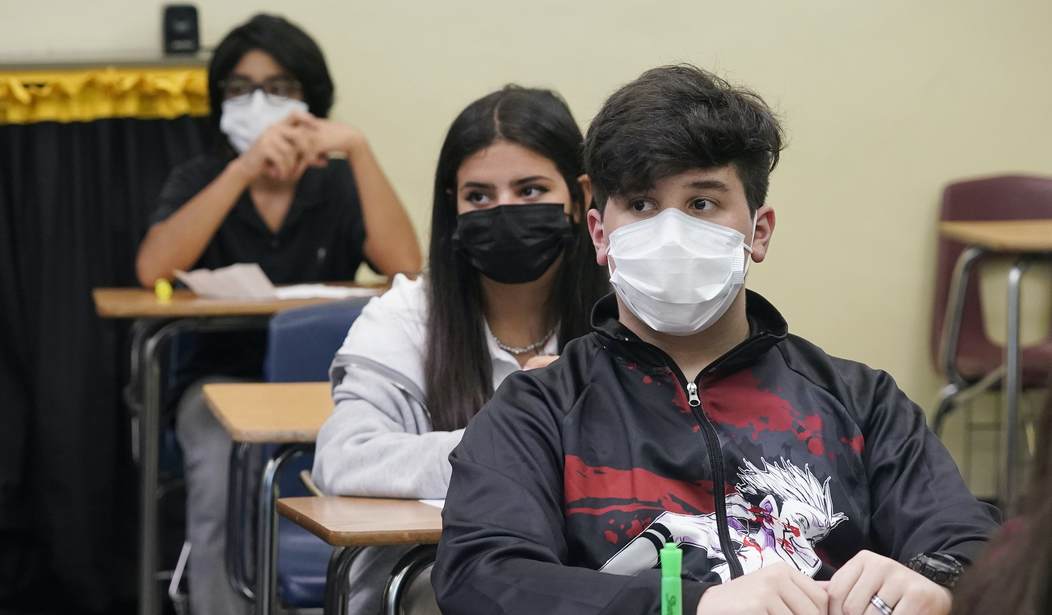The U.S. Supreme Court on Monday upheld the Transportation Security Administration’s (TSA) ability to require masking on trains and airlines as a lower court previously ruled, according to the Washington Examiner. Sure, it’s probably unconstitutional and certainly medically questionable, but SCOTUS wouldn’t want to undermine bureaucracy, would it?
In most places and venues across the country masking is no longer required, but it is always possible the U.S. government could declare another pandemic–and what then? California lawyer Jonathan Corbett brought the masking case to the Supreme Court and lost his appeal, but there is one person likely to be happy about the ruling. Joe Biden already encouraged the Supreme Court to uphold the appealed opinion, as he had mandated masking for public transportation on his very first day in office.
Studies have warned about the dangers of restricting oxygen by masking, including this study found on the NIH website, while others found little to no benefit to masking. One February 2022 study even presented evidence that widespread masking made the COVID-19 pandemic worse. An early 2022 meta-analysis from Johns Hopkins concluded that COVID-19 lockdown measures, including masking, harmed far more than helped.
Related: TSA: One Traveler’s Mortifying Experience at LAX
Two scientific experts warned in November 2020 that restricting children’s oxygen could lead to brain damage and developmental delays. A recent study found that pandemic-era babies have social communication “deficits,” partly because babies were not able to learn to read faces due to adult masking.
So why would the Supreme Court uphold the TSA’s ability to require masking, both in the past and potentially in the future? There doesn’t seem to be a good answer.










Join the conversation as a VIP Member